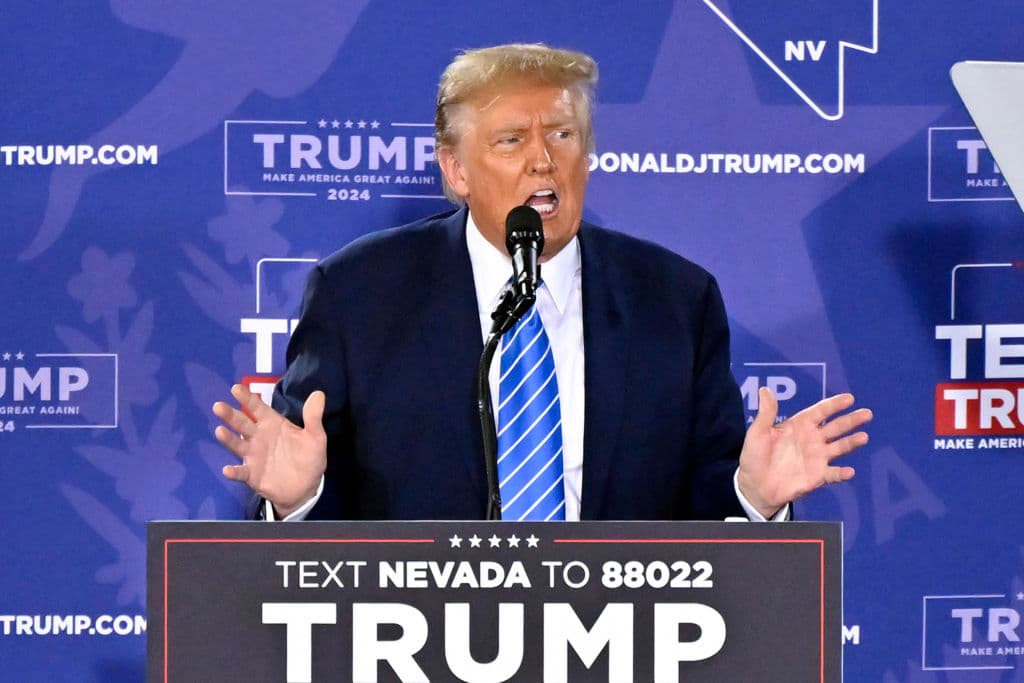Supreme Court Agrees To Hear Trump’s Appeal and Will Decide Whether He Is Immune From Jack Smith’s Prosecution
The stage is set for the justices to rule on whether a former president is entitled to immunity in perpetuity for his ‘official acts.’

The decision by the Supreme Court to render a ruling as to whether former President Trump can be prosecuted on charges he attempted to overturn the results of the 2020 election sets a course for a quick resolution, one way or the other, to what could be the most serious of the criminal cases against the 45th president.
The January 6 case brought by Special Counsel Jack Smith is currently frozen before Judge Tanya Chutkan of the District Court for the District of Columbia. That pause will continue pending a resolution from the Nine. Oral arguments are set for the week of April 22. A decision could well come by the end of June.
The justices — four of whom were required to take the case, and five to pause the proceedings — wrote in an unsigned statement that they will consider “whether and if so to what extent does a former President enjoy presidential immunity from criminal prosecution for conduct alleged to involve official acts during his tenure in office.”
The Supreme Court, in Nixon v. Fitzgerald, from 1982, held that the president is “entitled to absolute immunity from damages liability predicated on his official acts.” Mr. Trump’s lawyers have for months argued that that protection should be extended to criminal prosecution as well. They have also contended that he is barred from prosecution by the Impeachment Judgment Clause and Double Jeopardy.
Lower courts have so far rejected Mr. Trump’s novel claim that former presidents enjoy absolute immunity for actions that fall within their official job duties. A panel of appellate judges of the United States Circuit Court for the District of Columbia Circuit ruled earlier in February that Judge Chutkan was right to rule that Trump can be prosecuted for actions undertaken while he was at the White House.
The high court is also considering Mr. Trump’s appeal to remain on the presidential ballot despite attempts to bar him on the basis of Section Three of the 14th Amendment, which blocks from further office those who swore an oath to the Constitution and then “engaged in insurrection or rebellion.” During arguments, the court — even its liberal wing — seemed likely to side with Mr. Trump. A ruling could come down at any time.
The high court also will hear an appeal in April from one of the more than 1,200 people charged in the Capitol riot. The case could upend a charge— derived from the Sarbanes-Oxley Act, meant to deter and punish financial fraud — that prosecutors have brought against more than 300 people, including Mr. Trump.
Mr. Smith’s election interference case in Washington is one of four prosecutions Trump faces as he seeks to reclaim the White House. His trial in New York is scheduled to begin March 25 in connection with hush money payments made to the adult film actress Stormy Daniels.
Mr. Trump also has been indicted in Florida on federal charges that he illegally retained classified documents at his Mar-a-Lago estate, a case that was also brought by Mr. Smith and is set for trial in May. He’s also charged in state court in Georgia with scheming to subvert that state’s 2020 election. He has denied any wrongdoing.
